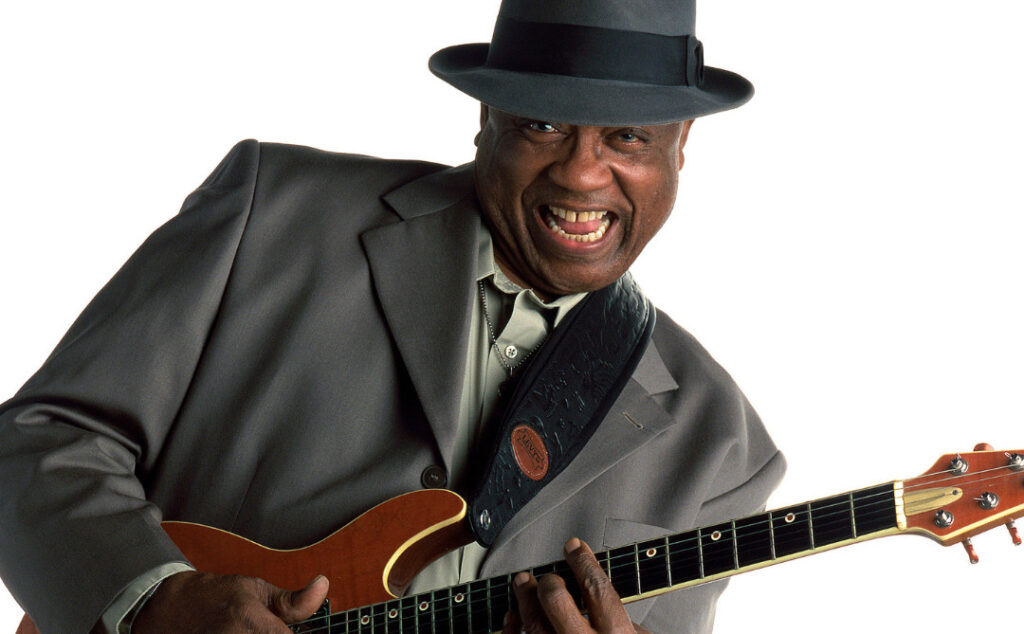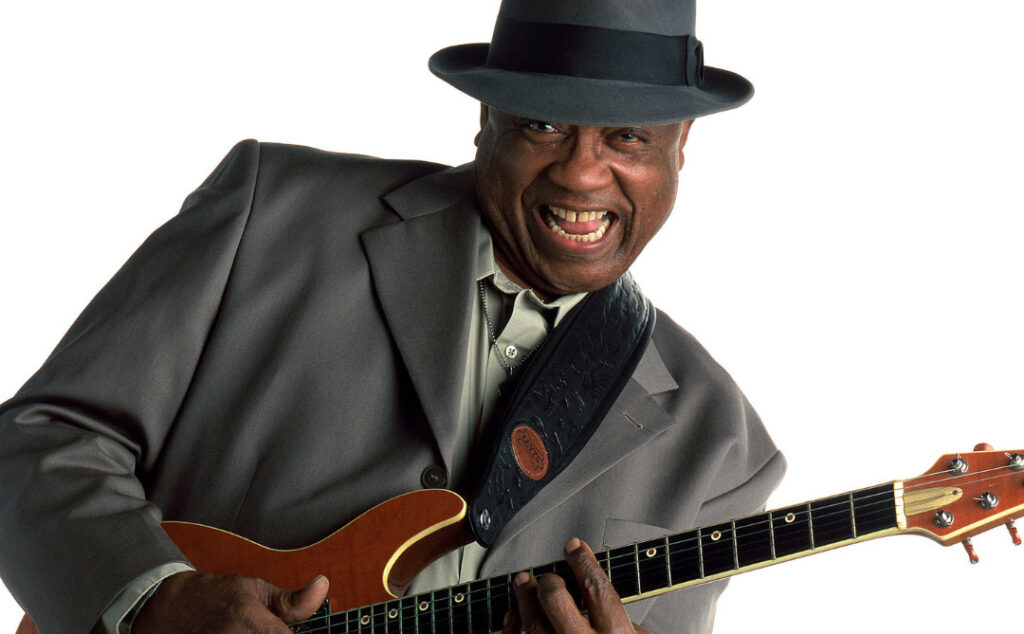
There are few guys whose legacies loom larger in Austin, TX than blues guitar legend W.C. Clark. Though the blues is where he resided, his influence ran like a vein throughout all the music originating in the Live Music Capital of the World, and resonated worldwide as that influence was carried through the cast of musical characters that calls Austin home. Now W.C. Clark has been called home himself, leaving a legacy behind that won’t soon be forgotten.
Born and raised in Austin and considered the “Godfather of Austin Blues,” Wesley Curley Clark grew up in Austin’s segregated east side, singing Gospel in church choirs and learning guitar at the age of 14. Clark played his first solo show at the city’s legendary Victory Grill at the age of 16, and learned all kinds of styles, including jazz and R&B. He found his first major gig playing in the band of Joe Tex, who was famous for fusing R&B with soul and country. It was this early experience with the “rub” between genres that would make W.C. Clark so important to all aspects of Austin music.
The gig with Joe Tex took W.C. Clark all around the United States, which was good because at the time, W.C. felt the scene in the Texas Capital had grown stale. But when he returned, he found a new crop of young White performers hanging out on Austin’s east side and learning from the oldtimers. This renewed the energy in the Austin blues scene, especially through two brothers originally from the south Dallas area—guitarist Jimmie Vaughan who would go on to found The Fabulous Thunderbirds, and his little brother named Stevie Ray.
W. C. Clark formed his own band called Southern Feeling in the mid/late ’70s, and started taking songwriting more seriously. Through this time, Stevie Ray Vaughn kept coming by to hear W.C. Clark play, admiring W.C.’s guitar skills and writing. Eventually along with Lou Ann Barton, the three would form the now legendary Triple Threat Revue in September of 1977, which was a blues explosion in Austin, and set the standard for the Austin blues scene.
When W.C. Clark left the trio in May of 1978, Stevie Ray Vaughan’s Double Trouble came to life, but the influence of W.C. Clark would remain, while Clark found world-renown success all his own through a solo career. Clark played with the likes of B.B. King, James Brown, along with Albert King and Freddie King throughout the era.
Jimmy and Stevie Ray Vaughan weren’t W.C. Clark’s only protégé’s. Brothers Will and Charlie Sexton also became big acolytes of the W.C. Clark sound, with Charlie Sexton carrying that influence on as a producer and a mainstay in the band of Bob Dylan, speaking to W.C. Clark’s far-reaching impact.
Clark released his first solo album called Something for Everybody in 1986 on his own label. He famously appeared on the vaunted Austin City Limits TV show in 1990, with Stevie Ray, Jimmy, Lou Ann Barton, Will Sexton, and others showing up to pay respects to their mentor.
W.C. Clark would later release Heart of Gold in 1994, and Texas Soul in 1996 on the BlackTop label. In 1997, tragedy struck W. C. Clark when his tour van was involved in a fatality accident near Sherman, TX while returning to Austin for SXSW from a show in Milwaukee. Clark only injured his arm, but his fiancée and drummer Brenda Jasek died in the accident. Clark was driving the van, and this sent both his personal life and his professional career in a tailspin. The experience would later inspire Clark’s 1998 album Lover Plea, and the song “Are You Here, Are You There?” dedicated to his fiancée.
In recent years, W.C. Clark had settled into being considered the preeminent blues legend of Austin, while also touring regularly. He played his final show at Austin, TX honky tonk Giddy Ups in Manchaca on February 20th, and reportedly entered hospice care shortly thereafter.
According to manager Vicky Moerbe on Saturday, March 2nd, “It is with great sorrow the ‘Godfather of Austin Blues’ W. C. Clark passed from this world this morning. Funeral arrangements will be announced at a later date. The family and I want to thank all who supported WC through his musical career. This is a huge loss for the Austin music community.”
W.C. Clark was 84 years old.


